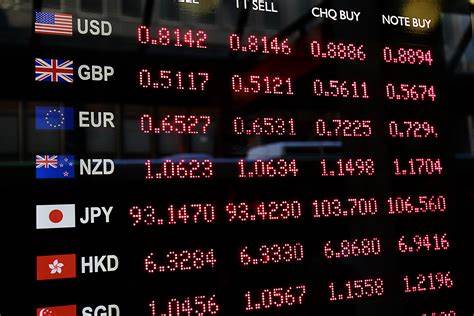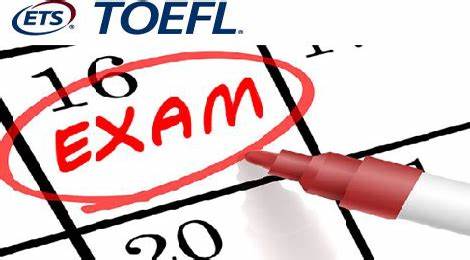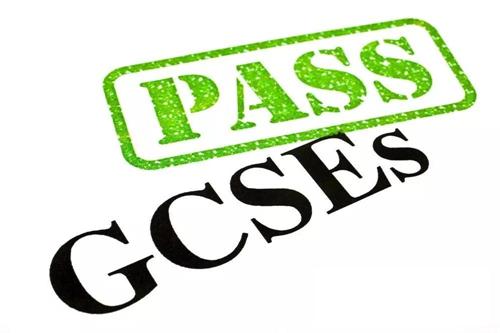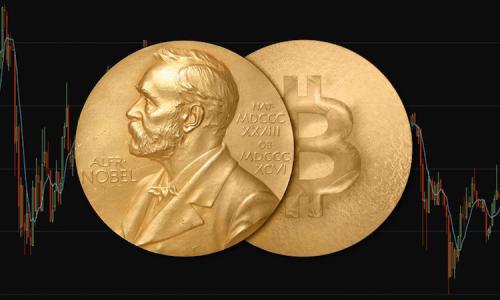Alevel经济考点解析——汇率
汇率又称外汇利率,外汇汇率或外汇行市,指的是两种货币之间兑换的比率,亦可视为一个国家的货币对另一种货币的价值。具体是指一国货币与另一国货币的比率或比价,或者说是用一国货币表示的另一国货币的价格。今天A加未来小编就带大家一起来详细解析一下Alevel经济考点中有关汇率的概念内容,希望对大家有所帮助。

1.definition定义
Nominal exchange rate名义汇率:
This is the weight of one currency relative to another,withoutbeing adjusted for inflation.
Real exchange rate实际汇率:
This is when the exchange rate is adjusted for inflation to give a moreaccurate reflection of purchasing power.
Trade-weighted exchange rate贸易加权汇率:
This is the weighted average of the exchange rate,of thedomestic currency relative to foreign currencies,where theweight of each currency is equalto the share in trade.The more the domestic country trades with a foreign country,thegreater the weight of the currency.
2.The determination of exchange rates汇率的决定因素
Floating exchange rate浮动汇率由供需决定:
The value of the exchange rate in a floating system is determined by the forces of supply and demand.
Fixed exchange rate固定汇率由government决定:
A fixed exchange rate has a value determined by the government compared to other currencies.
Managed float exchange rate管理浮动汇率(介于以上二者之间,自由浮动,但是也有governments的干预):
This occurs when the exchange rate floats on the market,but the central bank of the country buys and sells currencies to try and influence their exchange rate.
3.Depreciation and appreciation汇率的升值与贬值
Depreciation贬值:when the value of a currency falls relative to another currency,in a floating exchange rate system.
Appreciation升值:when the value of a currency increases.Each pound will buy more dollars,for example.
4.The factors underlying changes in exchange rates影响汇率变化的因素
1.Inflation通货膨胀:
A lower inflation rate means exports are relatively more competitive.This increasesdemand for the currency.This causes the currency to appreciate.
2.Interest rates利率:
An increase in interest rates,relative to other countries,makes it more attractive toinvest funds in the country because the rate of return on investment is higher.Thisincreases demand for the currency,causing an appreciation.This is known as hotmoney.
3.Speculation投机行为:
If speculators think a currency will appreciate in the future,demand will increase inthe present,since they believe a profit can be made by sellingthe currency in thefuture.This can cause an increase in the value of the currency.
4.Other currencies其他货币:
If markets are concerned about major economies,such as the EU,the currency might rise.This happened with the Swiss Franc in 2010 when markets were worried about the EU economy.
5.National debt国债:
A government with a high level of debt is at risk of defaulting,which could cause thecurrency to depreciate.This is since investors start to lose confidence in theeconomy,so they sell their holdings of bonds.
6.Balance of payments国际收支:
When the value of imports exceeds exports,there is a current account deficit.Countries which struggle to finance this,such as through attracting capital inflows,have currencies which depreciate as a result.
7.International competitiveness国际竞争力:
An increase in competitiveness increases demand for exports,which increasesdemand for thecurrency.This causes an appreciation of the currency.
8.Government intervention政府干预:
Governments might try and influence their currency,such as by maintaining a fixedexchange rate.
5.The effects of changing exchange rates on the domestic and external economy汇率变化对于国内外经济的影响
1.Marshall-Lerner condition and the J-curve effect
马歇尔勒纳条件和J曲线效应(西方汇率理论中的一项重要内容)
The Marshall-Lerner condition states that a devaluation in a currency only improves thebalance of trade if the absolute sum of long runexport and import demand elasticities isgreater than or equal to 1.
解释:若想通过汇率贬值改善贸易平衡,则需满足一个条件:即进出口的需求弹性之和必须大于1.
The J-curve effect occurs when a currency is devalued.Since devaluing the currency causesimports to become more expensive,at first the total value of imports increases,which
worsens the deficit.Eventually,the value of exports increases,which leads to a reduction inthe trade deficit.
When the currency is devalued,there may be a time lag in changing the volume of exportsand imports.This could be due to trade contracts and the price inelasticity of demand forimports in the short run,whilst consumers search for alternatives.In the long run,consumers might start purchasing domestic products,for example,which helps improve thedeficit.
J曲线效应解释:
当货币贬值时,经常账目赤字不会马上改善,反而会先恶化一段时间。因为当货币贬值时,进口商品会变得更贵,因此进口总额增加,经常账目反而会恶化。
长期来看,货币贬值使得出口商品价格下降,因此出口总值会增加。此外,进口商品价格上升,消费者对于进口商品的需求也会下降。这两个因素使得current account deficit经常账目赤字得以改善,甚至变成current account surplus。
2.The effect of exchange rates on AD
汇率对于总需求的影响
Exchange rate affects AD because they affect the price of exports and imports.If theexchange rate appreciates,AD is likely to fall since imports become cheaper and exportsbecome more expensive.
以上就是A加小编对于Alevel经济考点中汇率内容的解析。一国外汇行市的升降,对进出口贸易和经济结构、生产布局等会产生影响。汇率是国际贸易中最重要的调节杠杆,汇率下降,能起到促进出口、抑制进口的作用。大家在Alevel经济学习中如果还有什么疑惑,欢迎随时咨询我们!
 喜欢 [0]
喜欢 [0] 相关推荐

猜你喜欢 More

2022-06-10
IGCSE英语考试介绍
2021-01-14
托福考试前,这些东西不能忘!
2019-11-05
GCSE数学学习指导,教你如何攻克GCSE数学难关!
2021-02-02
AP宏观经济学备考经验分享












 官方微信
官方微信

 官方微博
官方微博
